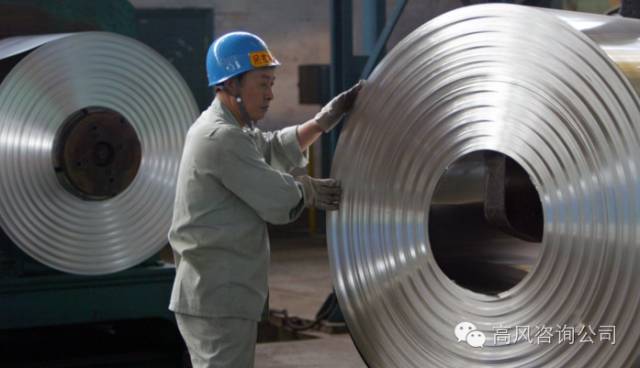
By NINA TRENTMANN
Oct 17, 2016 12:22 pm ET
Despite the introduction of a new government policy that allows for streamlined debt-to-equity conversions, experts remain wary about whether the plan geared towards reducing China’s ballooning corporate debt will actually work.
The new policy was introduced by the Chinese State Council on Monday, Oct. 10, and allows companies to turn bank debt into equity. Investors like pension funds and wealth management firms receive an equity stake in private and state-controlled companies in exchange for their debt holdings and thus help the company reduce their leverage.
Despite quick adoption by some companies, the initiative is probably won’t meaningfully reduce the dangers associated with high debt levels. “The debt to equity-plan aims to reduce headline corporate leverage ratios, but it is unlikely to change the underlying structural risks in the economy”, said Katie Chen, associate director at Fitch Ratings in Taiwan.
“Many people in China think the tool will turn bad debt into bad equity”, said Xu Bin, professor of economics and finance at the China Europe International Business School in Shanghai.
China’s corporate sector debt has risen significantly in recent years and stood at 169% of GDP in the first quarter of this year, according to Fitch.
On Sunday, China Construction Bank Corp., a state-owned bank, said it would invest about $740 million in state-owned tin producer Yunnan Tin Group Co. in exchange for equity in the company. The country’s second largest commercial bank said in a statement the investment was part of an agreement aimed at reducing Yunnan Tin’s debt.
The deal follows an earlier one between China Construction Bank and Wuhan Iron and Steel Group Corp. according to which the bank will set up a $3.60 billion fund for the state-owned enterprise. The companies did not respond immediately to a request for comment.
One concern is that the new policy does not prevent companies from taking on new debt in the future, said Edward Tse, CEO of Gao Feng, a consulting firm based in Shanghai. “Debt-equity swaps are intended to help companies overcome temporary debt payment issues, but there are no guarantees that these companies won’t make the same or even worse mistakes in the future,” Dr. Tse said.
Another problem with the policy is that debts “are just moved to another entity in the financial system”, Mr. Xu said. Although banks are not allowed to swap their loans directly into equity, they can do so with the help of mutual funds and other entities.
“This raises the possibility of banks retaining their exposure to [corporate debt] through complicated ownership and transaction structures that lack transparency, “ Ms. Chen said. “For example, banks’ exposure to troubled companies might simply move off-balance sheet.”
According to the guidelines set out by the State Council, the price for a debt to equity-swap will follow a “market-oriented approach.” The guidelines do not state how much debt can be swapped into equity and whether this applies to all forms of corporate debt.
“A market price is a very generic term that can easily be manipulated,” said Bernd-Uwe Stucken, a corporate lawyer at Pinsent Masons LLP in Shanghai.
Experts fear that the government will interfere in the process despite pledges not to do so. “One of the risks is that the process will be prone to implicit government influence,” Ms. Chen said.
Although not clearly stated in the guidance published on Oct. 10, the tool is mostly aimed at state-owned enterprises, the experts say. “Private companies have been struggling to get loans from state-owned banks,” Mr. Xu said. “They have not been able to get excessive debt from banks.”
Companies with high amounts of debt but no long-term growth perspectives are not entitled for the swaps, according to the policy guidance published by the State Council.
Despite the fact that the government only wants firms with “feasible reform plans” and “good credit record”, the chances are high that unprofitable state companies will receive fresh capital.
“The government’s goal is to improve the balance sheets of state owned enterprises without risking jobs and social stability,” Mr. Xu said.

